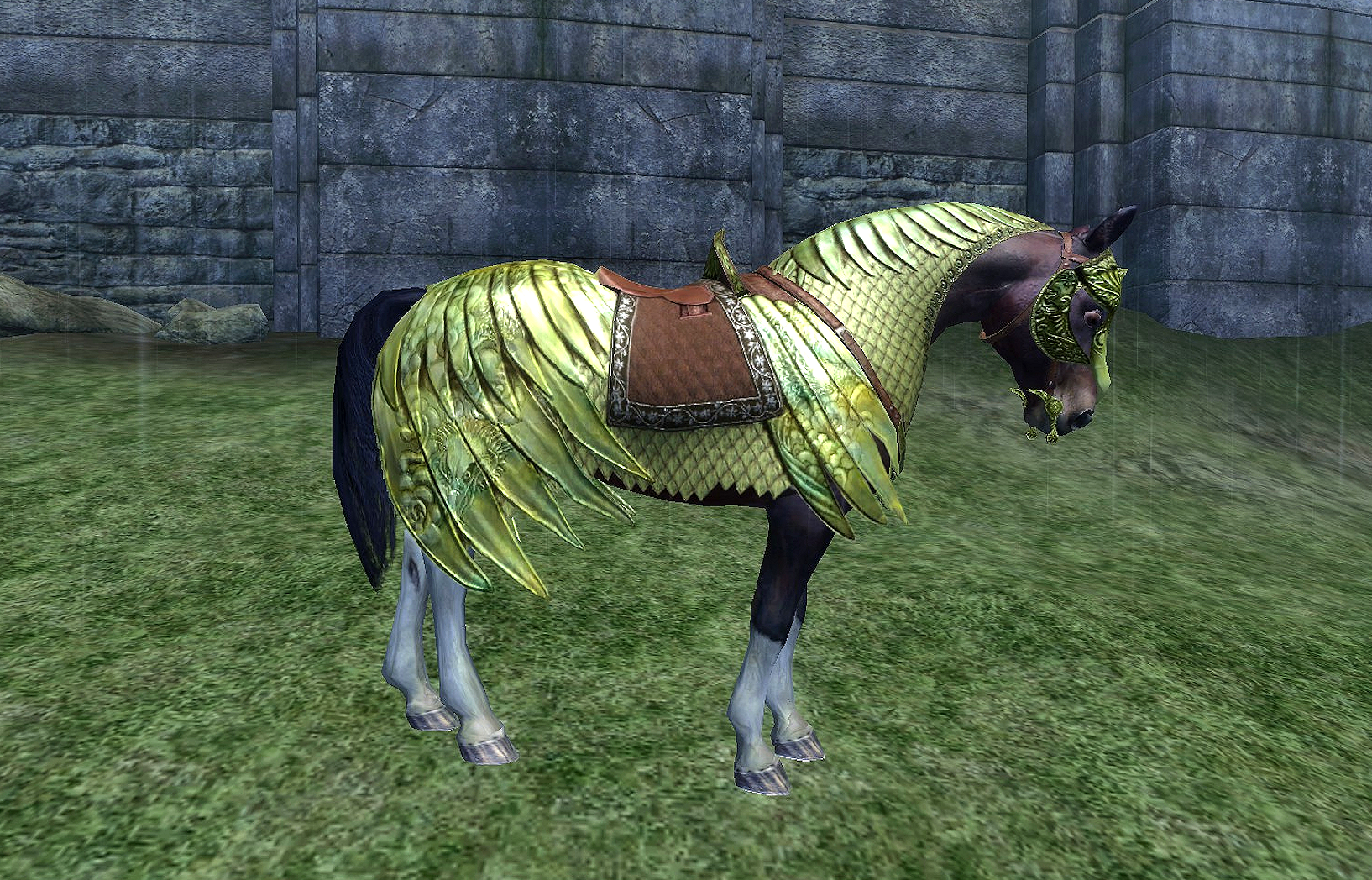I hate how gamified modern MMOs are. There's very little, if any, attempt to create a world that feels fantastical -- or feels like one where people would actually live in at all.
If you compare games like EQ and FFXI(which was basically the real EQ2) to anything now it's ridiculous how far backwards the genre has gone.
Mechanics like(not exclusive to those two titles, but rarely if ever seen in MMOs anymore):
mobs spawning depending on the time of day, mobs going to sleep at night and therefore having a greatly reduced aggro radius, mobs having various mechanics of aggro through sight/sound/smell/etc.,
mobs actually having *gasp* weaknesses and resistances
classes having unique and powerful abilities. "muh balanse" bullshit combined with "bring the player not the class"(???), why even make an RPG at this point?
NPCs actually doing things besides standing in one spot all day waiting for you to come talk to them.
Enemies fighting each other. How fucking stupid is it to see a deer and a wolf just casually walking right past each other?
mages having a lot of spells that do many different things rather than "damage in different color" -- especially the situationally useful ones, those are often the more interesting ones.
Languages mattering.
unique time and day system that actually matters. If you make a game set in a fantasy world and just use real-world style days of the week, holidays, etc., that are nothing but fluff you should be bullied irl.
expecting players to work together on a meta-level to figure out things rather than just blatantly telling players
stories that have to be pieced together rather than shoved down your throat, this goes along with the above
and again with the second above, mechanics where players aren't just told how they work but have to be figured out through trial and error. This is one of the biggest sources of gamification.
Did you know that everquest is effectively immune to traditional datamining beyond things like character/enemy models? All conversation data, quest info, item info, etc., is stored on the server and only sent when requested, it's never stored locally. The only way to gather information is through players experiencing it, and while there are third-party tools to capture this and upload it, it's nowhere near the level of e.g., WoW that is datamined before patches even drop and everything is already figured out because it actually requires someone seeing the content.
There is no mystery or fantastical elements in modern MMOs. Everything is figured out before you even have access to it. Go look at any discussion about amazon's upcoming MMO, people are already "theorycrafting" the best builds before the game has even released.
These games -- modern "MMO"s -- don't deserve to be called MMORPGs, they're online lobby-based action games where you spend 80% of your time playing "the floor is lava"
MMORPG genre declined 10x harder than the cRPG genre. The entire fucking genre has been destroyed by "MUH RAIDS! MUH LEWT!"
But I'll admit, some of this is just general rpg(and video game) decline. Quest marker bullshit everywhere, why do you have ESP that lets you know people are in need of your aid?
If they need help so badly maybe they should be the ones coming to you.





















